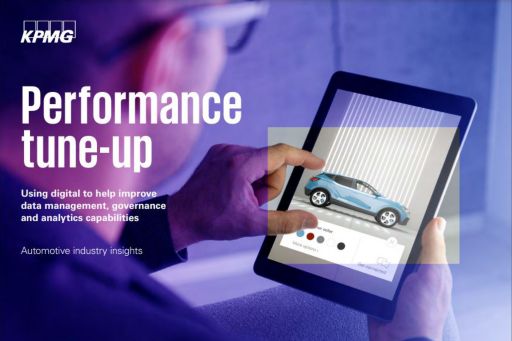With a range of issues afflicting the global automotive industry – from semiconductor shortages to the current Russia-Ukraine war – automakers and suppliers are scrambling to overcome performance and growth challenges. But even before the COVID-19 pandemic struck, automotive industry was grappling with issues ranging from declining vehicle ownership to lowering margins on some of their top models. The recent crises have only made these issues more prominent. Thus, it is only natural for automotive OEMs and suppliers to not only evaluate and adopt new revenue streams and new business models, but also do a good job at analyzing them and measuring their impact.
What themes are high on the automotive executives’ agenda when to comes to corporate performance management? What tools and strategies they can adopt to boost their performance and take advantage of the emerging trends in automotive? How can they shift from a product-centric approach to a digital- and customer-centric approach? How will increasing digitalization (including growing online sales and distribution) and ESG-related developments impact their performance?
In this brief study, KPMG professionals not only explore the challenges faced by automotive companies when it comes to their growth and profitability, but also present viable solutions which they can adopt to overcome the issues. The roles of data management and governance (for higher visibility and transparency), strategic partnerships (for data analytics), and ESG (e.g. reporting) are also explored.
“Corporate performance management” is one of the themes that we have identified as pivotal in shaping the future of the global automotive industry – from KPMG’s survey of global automakers and suppliers running in its 22nd year.
Explore more






